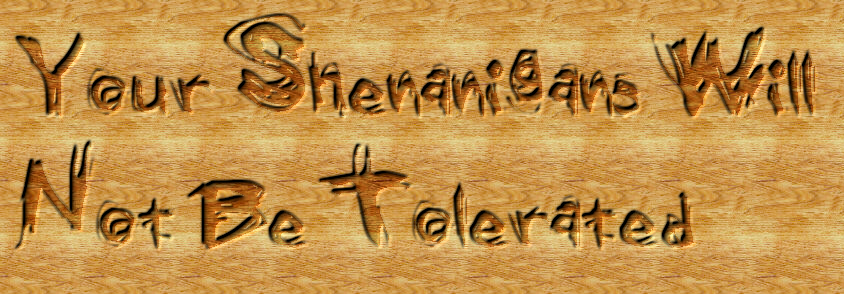While Elisabeth was pregnant, I read Winnie The Pooh to her stomach. I'm fairly well versed in Winnie the Pooh and didn't feel the need to comment on it. Also, I was lazy.
With Henry's bedtime routine fairly set in stone now, I've been reading to him every night. We plowed through Beedle the Bard fairly quickly as I wasn't very good at picking up on his I Want To Go To Bed Right Now signals and read to him for far too long. The House on Pooh Corner has been a bit of a long slog but last night we finally got through it. what really stood out for me was how different it was to the first book, especially as I realized while reading it that I'd never read it before. These are my random and poorly developed thoughts on it:
1) Walt Disney ruined Pooh. A.A. Milne's characters are so strongly realized (And linked to the original illustrations) that when reading Pooh, there's a weird dichotomy where it's easy to confuse the two interpretations. I'm happy that I never watched the cartoons beyond the original adaptations because it would mess with my brain too much. Like Harry Potter, this is something I'd like Henry to experience before he watches the movie (fat chance!)
2) A.A. Milne got the 'Pooh' double entendre and used it to excellent effect, never milking it.
3) While the first book is filled with the whimsy of childhood, Pooh Corner focuses on the confusion of growing up. The animals bicker about who is smarter; Christopher Robin is absent and becoming Educated while the animals feel threatened, not just by Tigger's sudden arrival but by Pooh and Piglet's perceived stupidity. All the while those who claim to have something other than fluff for brains come across as curmudgeonly, dull, petty and, in the end, dumb.
This is a central conceit with Pooh Corner: There is an awareness through Christopher Robin becoming Educated that the magic is coming to an end. The animals are petty, bicker more, have an awareness of the dangers of the world and are jealous towards each other. These are all externalizations of the fear an adult (A.A. Milne) would project on a child growing up and seeing less and less magic in the wonders of his toys and imagination.
Pooh Corner ends on an especially depressing note with Christopher Robin trying to articulate his fears and the reality of his leaving of the forest, accompanied by Pooh's vain attempts to understand what he's not able to articulate. In the end, Christopher Robin gives up as neither of them are able to communicate any more. There is a final promise that Pooh will wait for him for 100 years (Which I take to mean his death - at which time he might be able to re-cnnect with his childish ways) and a coda, almost as badly tacked on as the final chapter to The Deathly Hallows which promises, almost too desperately, that things will be all right.
At least that's how I read it.

No comments:
Post a Comment